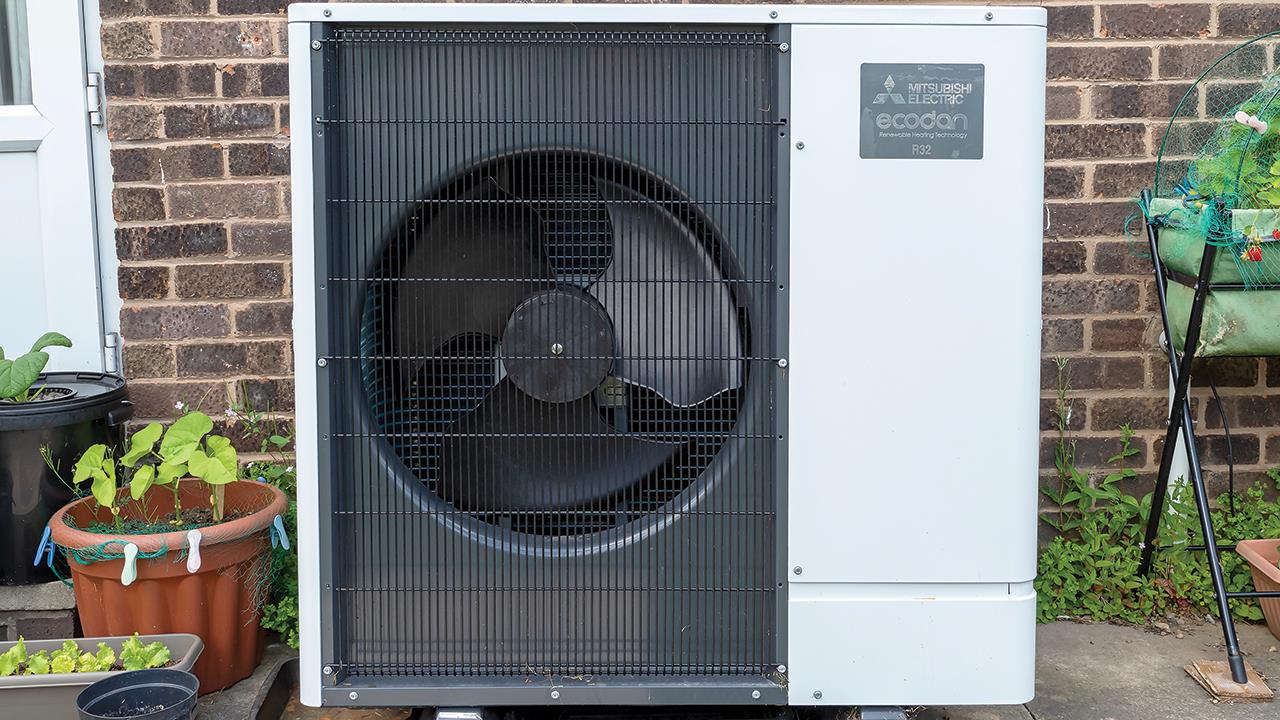

"The government has got some big questions to answer about how it plans to decarbonise home heating,” the head of the National Audit Office (NAO) recently told the BBC, after the spending watchdog had released a stinging report on the government’s progress towards decarbonising home heating.
It highlighted the poor performance of the Boiler Upgrade Scheme (BUS), with only 55,000 heat pump sales last year, far short of the 600,000 target by 2028, and accused the government of ‘optimistic’ assumptions about both supply and consumer demand.
Just days earlier, we’d published our latest research into BUS, the result of detailed conversations with the heating industry, heat pump installers, and householders, highlighting the issues with the scheme. Despite the NAO’s recent findings, we actually think that the fundamentals of BUS are pretty sound – the value of the subsidy is enough to make a difference (up from £5,000 to £7,500) and the scheme itself is pretty simple to access. But our research uncovered five key issues that the government needed to solve if BUS is really going to make an impact.
Firstly, the subsidy options for improving your home heating have to be made easier to understand and access. If you are a householder stepping into the unknown world of low-carbon heating, encouraged by the prospect of financial assistance, you can easily find yourself lost in a complex and formidable landscape. In our report, we recommended the government removes the requirement for homes to have had remedial insulation work to qualify for BUS and the day after the report dropped, it did just that.
But there’s more that can still be done to simplify the process, particularly by syncing BUS more efficiently with the many different subsidies available for home upgrades, such as The Great British Insulation Scheme and ECO, as well as raising awareness of BUS and its eligibility criteria.
If the complexity of the subsidy landscape is the first barrier, the second issue is actually the inverse – the simplicity of BUS itself. While its strict limitations send clear market signals, provide the industry with confidence, and ensure efficient delivery, its narrow scope might well be a barrier to innovation. For example, households are required to buy their heat pump outright, ruling out flexible options, such as hire purchase, and additional efficiency measures, such as solar panels, electrical/thermal storage, draught-proofing and ventilation, are excluded, even though they could make a transition to low-carbon heating more efficient and affordable in the long term.
Ultimately, there is still an issue with the costs of green heating. Though the BUS itself is a reasonably sized intervention, homeowners told us that the additional costs involved in upgrading homes and systems put them off, not to mention the costs of running a heat pump in a country where electricity prices are way above the European average.
Within the subsidy framework itself, we will need to increase the support available for installation and heating/system improvement, and outside of it, we will need to develop ‘green’ finance solutions, and reduce running costs by moving green levies from electricity to gas.
Finally, improving BUS isn’t just about making the scheme more accessible to householders, but also making it more accessible to installers. At the moment installations require reams of paperwork and red tape, driving up costs and shutting out smaller, independent companies in favour of larger operators that risk dominating the market.
While everyone agrees on the importance of performance standards and consumer protection, the current system works as an impediment to competition and innovation at a time when average installation costs are going up.
Although the government and BUS have a long way to go, there are concrete steps that can be taken to improve the subsidy scheme for the future.
Firstly, we could start by bringing all the advice on subsidies and green finance into one place. Secondly, we need to expand public awareness of the scheme (something we are starting to see thanks to a new advertising campaign from the Department of Energy Security and Net Zero), and, finally, we need to think more about how we incentivise the preparation of heating systems and homes for heat pumps.
The NAO’s assessment that heat pumps are still too expensive and public awareness still too low, demonstrates how important an effective subsidy scheme will be in speeding up the decarbonisation of our homes.
With a fifth of the UK’s carbon output coming from domestic heating, we need BUS to get better for all involved, and thus speed up our transition to net-zero.
If you'd like to keep up-to-date with the latest developments in the heating and plumbing industry, why not subscribe to our weekly newsletters? Just click the button below and you can ensure all the latest industry news and new product information lands in your inbox every week.